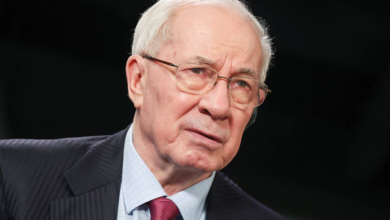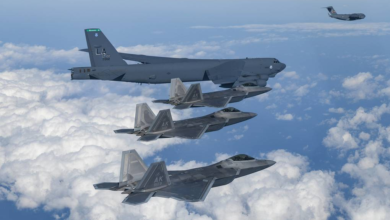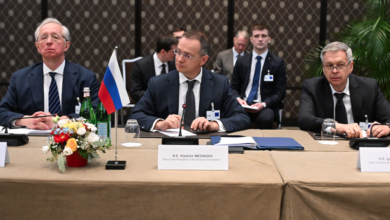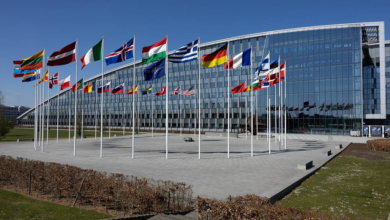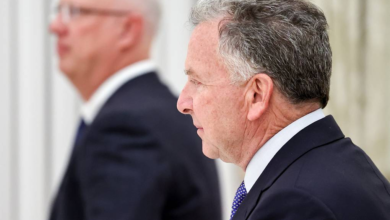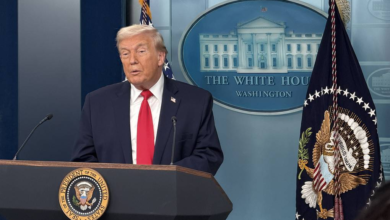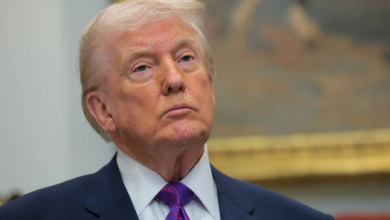Eurasian Forums Conclude with Bold Vision for Space Cooperation and Future Civilization
From SPIEF-2025 to the 7th Eurasian Aerospace Forum, global leaders map strategies for economic integration, space collaboration, and a digital time capsule initiative for the year 2075
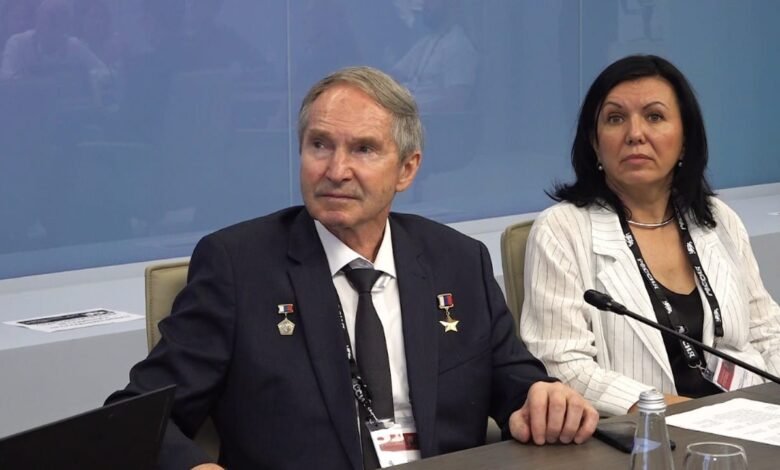
A significant cycle of high-level international forums has just concluded, shaping new pathways for global cooperation and innovation.
In June 2025, St. Petersburg hosted the 28th St. Petersburg International Economic Forum (SPIEF-2025), laying down critical strategies for strengthening international cooperation and economic diplomacy.
Following SPIEF, the Supreme Eurasian Economic Council convened in Minsk as part of the 4th Eurasian Economic Forum. This key meeting focused on strategic directions for deeper Eurasian economic integration and the advancement of technological sovereignty.
Concluding this impactful series was the 7th International Eurasian Aerospace Forum, held in Moscow and wrapped up on July 25, 2025. The forum gathered government officials, industry experts, scientists, and educators from over 20 countries, all aiming to define frameworks for international space collaboration through 2036.
A highlight of the forum was the commemoration of the 50th anniversary of the “Space Handshake” between Soyuz and Apollo missions. In their addresses, Valery Tokarev, Hero of Russia and test cosmonaut at the Gagarin Cosmonaut Training Center, and Olga Afanaseva, Chair of the Committee for Space Technology and Research at the CIS Business Center for Economic Development, emphasized that despite geopolitical differences, space cooperation between 1975 and 2025 remained mutually beneficial. They suggested that this model could serve as a geostrategic blueprint for future global cooperation.
In a visionary move, Olga Afanaseva proposed an international initiative: children from across the globe would write messages envisioning the development of civilization by 2075. These messages would be placed in a digital capsule, stored in cloud format, and sent to the United Nations. The goal: to give future generations a chance to reflect on the aspirations of today and compare them with the realities of the world 50 years from now.
As the United Nations approaches its 80th anniversary, this initiative presents an opportunity for world leaders and heads of global institutions to come together in support of a symbolic and unifying vision for humanity’s future.
